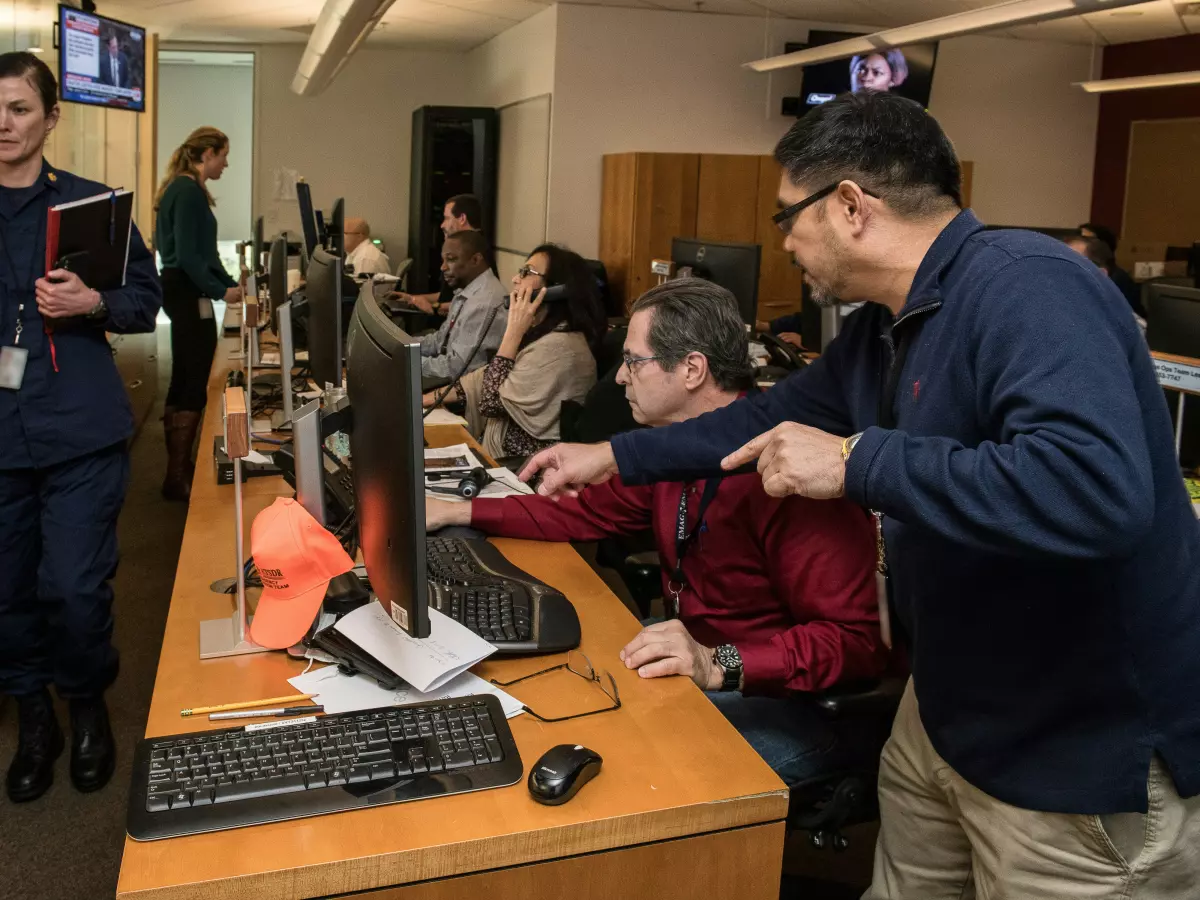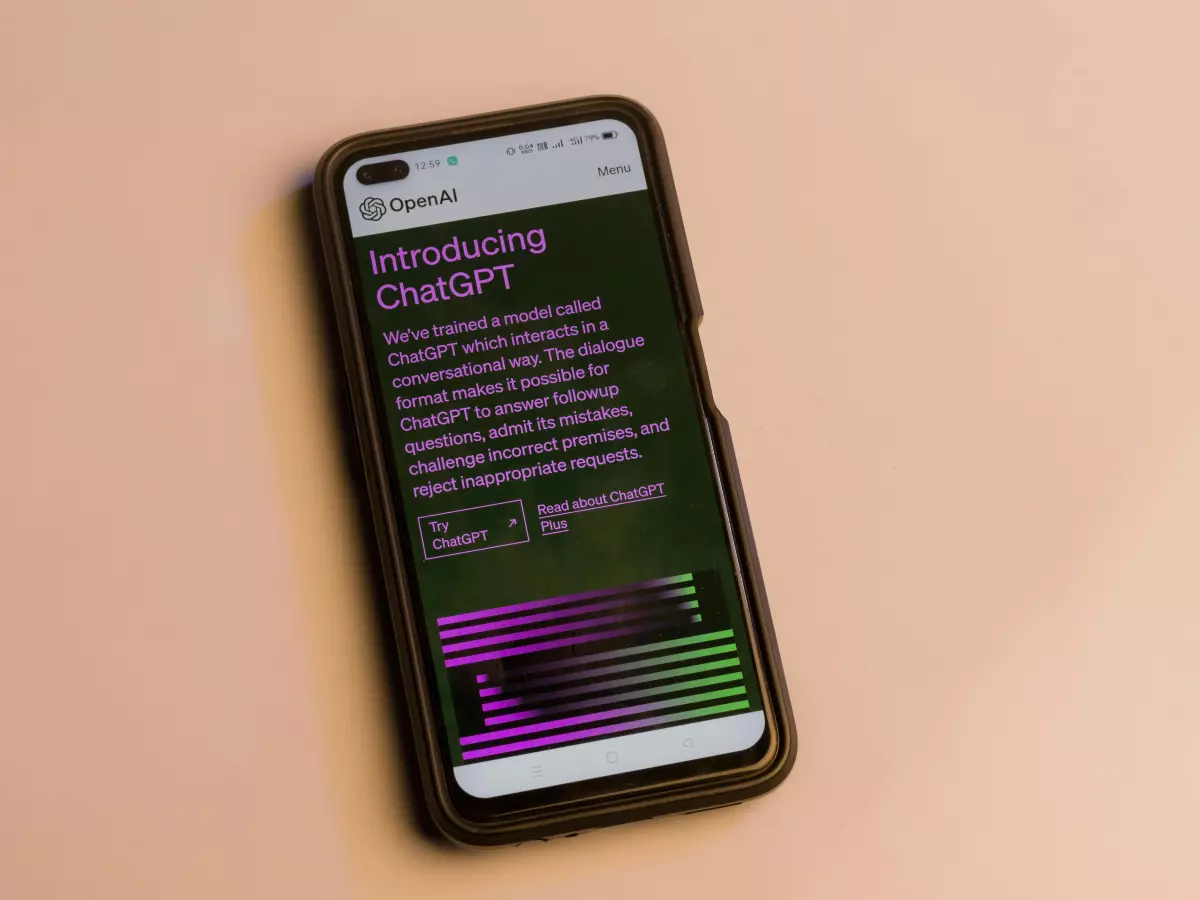AI Outsourcing Revolution
Ever wondered how to tackle complex AI tasks without breaking the bank or needing a PhD in machine learning? Well, blockchain might just be your new best friend.

By Liam O'Connor
Artificial intelligence (AI) is no longer just for tech giants with deep pockets and an army of data scientists. Thanks to a new blockchain-based framework, even small businesses and individuals can now access advanced AI solutions, particularly in the realm of deep reinforcement learning (DRL). This framework is shaking things up by connecting users with service providers who have the expertise and resources to handle AI tasks that were once out of reach.
But how does it all work? Well, it's not magic—it's blockchain. The framework operates on a decentralized platform, using smart contracts to match users with the right service providers. These smart contracts are essentially self-executing agreements with the terms of the contract written directly into code. Once certain conditions are met, the contract automatically triggers the exchange of services, ensuring transparency and trust between parties.
So, what’s the big deal about this? For starters, it democratizes access to AI. In the past, if you wanted to implement a complex AI solution, you’d need to either hire an expensive team of experts or partner with a big tech company. Now, with this blockchain-based framework, you can simply post your AI needs, and the system will match you with a service provider who can get the job done. It’s like Uber, but for AI development.
Moreover, the use of blockchain ensures that the entire process is transparent and secure. Every transaction is recorded on the blockchain, making it nearly impossible to tamper with. This is a huge win for companies that need to ensure the integrity of their AI models, especially in industries like finance, healthcare, and cybersecurity, where trust is paramount.
Why Blockchain?
Blockchain’s role in this framework is crucial. It provides a decentralized, tamper-proof ledger that ensures every transaction is transparent and verifiable. This is particularly important when outsourcing AI tasks, as it guarantees that both parties—those requesting the AI service and those providing it—are held accountable. No more shady deals or hidden fees. Everything is out in the open.
Additionally, blockchain allows for the use of smart contracts, which automate the entire process. Once a user’s AI request is matched with a service provider, the smart contract takes care of the rest, from payment to delivery. This not only speeds up the process but also reduces the risk of human error or fraud.
The Future of AI Outsourcing
As AI continues to evolve, so too will the ways in which we access and implement it. This blockchain-based framework is just the beginning. In the future, we could see even more complex AI tasks being outsourced in this way, from natural language processing to computer vision and beyond.
What’s exciting is that this framework opens up AI to a much wider audience. No longer will AI be the exclusive domain of tech giants like Google or Amazon. Instead, small businesses, startups, and even individuals will be able to leverage the power of AI to solve their unique problems.
Of course, this raises some interesting questions about the future of AI development. Will we see a rise in crowdsourced AI solutions? Could this lead to a more decentralized AI ecosystem, where innovation comes from all corners of the globe, rather than just Silicon Valley? Only time will tell, but one thing’s for sure: the AI landscape is about to get a whole lot more interesting.
In many ways, this new framework is reminiscent of the early days of the internet, when open-source software and decentralized networks began to democratize access to technology. Just as the internet revolutionized communication and commerce, this blockchain-based AI framework has the potential to revolutionize how we develop and deploy AI solutions.
So, if you’ve got a complex AI problem that’s been keeping you up at night, it might be time to give blockchain a try. After all, history has shown us that when technology becomes more accessible, innovation follows.
Source: ScienceDaily





